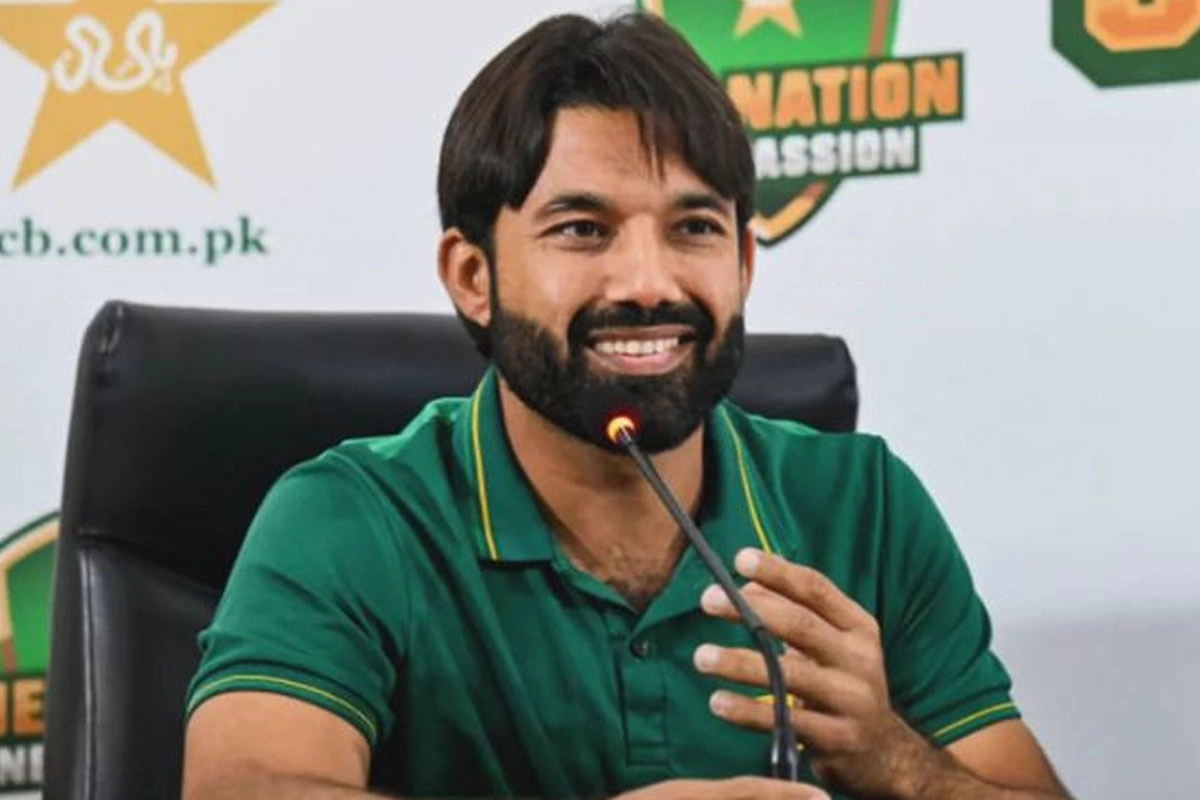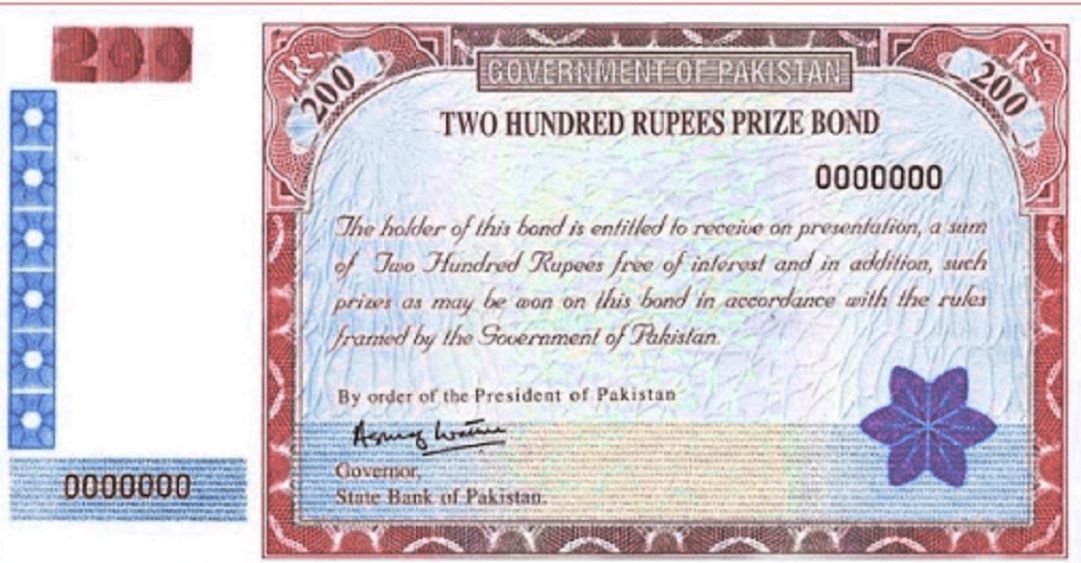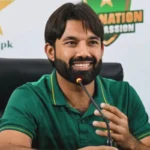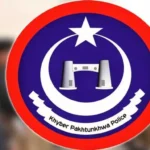QUETTA: Thaterra Achakzai, a daughter of the nearest leader of Pashtunkhwa Milli Awami Party (PMAP), Mahmood Khan Achakzai, made a social media post which created a big uproar and led to Balochistan University administration issuing a formal notice to her.
On October 16, Thaterra Achakzai posted a tweet on X (formerly Twitter) depraved Pakistan of her value and compared it to “cheap version of Israel” and alleged that western countries were ruling the state of Pakistan. In her attack on the state and its institutions, to say the least, she went viral and attracted the public eyes quickly.
The next day, on October 17, the university administration gave Thaterra a show-cause notice connecting her post with contravention of the institution’s code of conduct and serious misconduct. The university’s letter asked her for a written explanation to be submitted within five days and threatened her with serious disciplinary action if she did not comply.
Pakistan is the Temu’s cheapest version of Isreal, a hypocrite and Barbaric state whose hands are chained by the grt masters of the free world, whose hands are covered with the bloods of millions of Innocent people i.e The Baloch, Pashtuns and the Afghans#AfghanistanPakistanWar
— Thaterra Achakzai (@ThaterraAchak) October 16, 2025
Tariq Jogezai, the university registrar, said that Thaterra had been given the notice. He also mentioned that in case of no feedback or a decline to respond, an inquiry officer would be assigned to the matter and would conduct a probe into the situation. After looking at the report, the university could choose to impose a sanction, among which one could be dismissal from the institution.
Such kind of events has ignited a polemic via internet between social media characters who are either for or against one of the opinions raised. Whereas some hash-taggers rallied behind Thaterra’s point of view, others vehemently opposed her line of argument.
ALSO READ: Opposition officially nominates Mahmood Khan Achakzai as leader of the opposition in NA
The uproar over the post has extended to the nationwide dialogue about people’s right to free speech and the confines of state control, with the majority of them wondering where the demarcation lines between individual opinion and institutional obligation are. Besides that, the case is getting the attention of both academic and political circles all over the country.















